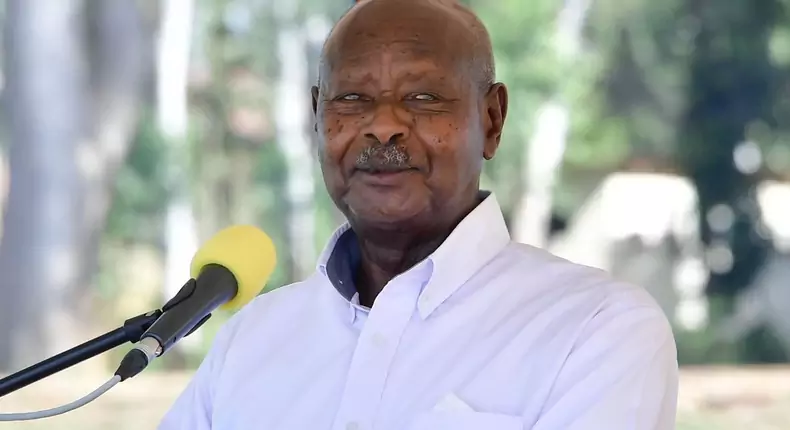The Executive Committee of the Confederation of African Football (CAF) announced the news on Wednesday in Cairo, Egypt.
In a letter on Thursday, President Museveni lauded the Ministry of Education and Sports, the national football bodies for spearheading the effort, and the Deputy Speaker, who was on the ground in Cairo.
“Yesterday, I got the good news that the joint bid by Kenya, Tanzania, and Uganda to host the 2027 AFCON games had succeeded. Congratulations to everybody,” the president wrote in a letter.
Museveni said that the pan-African effort shown by the three regional EAC member states overwhelmed the assessors.
“Common sense showed even the assessors, I am sure, that that Pan-African effort was, logically, the most attractive, apart from any other considerations. We can only benefit more if we extend this logic to other areas. Also, pooling together the sports infrastructure, for example, stadiums, made our bid more attractive,” he added.
Several studies show that whenever a nation hosts a major tournament such as AFCON, there is a positive impact on the country’s tourism sector. The phenomenon is known as sports tourism.
In a February 2023 study published by the University of Johannesburg, South Africa, analysing the tourism impact of Cameroon’s 2022 hosting bid, the authors Siyabulela Nyikana and Tembi Tichaawa say: “Lasting memories of the local destinations may trigger repeat visitation and thus grow local tourism numbers.”
Twenty-four (24) countries take part in AFCON games. This means that tens, if not hundreds, of people travel with their respective teams to the host nation.


